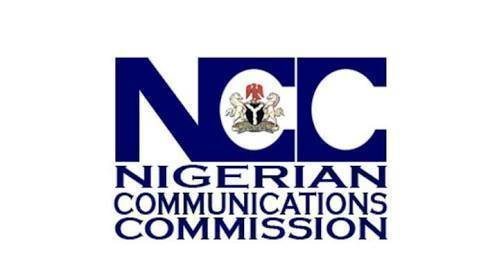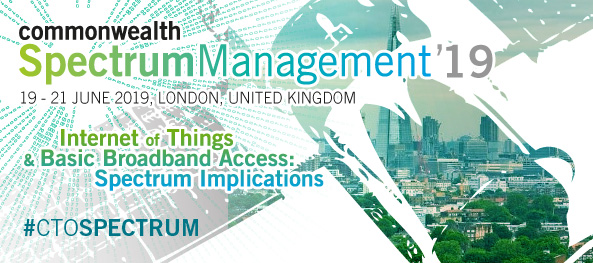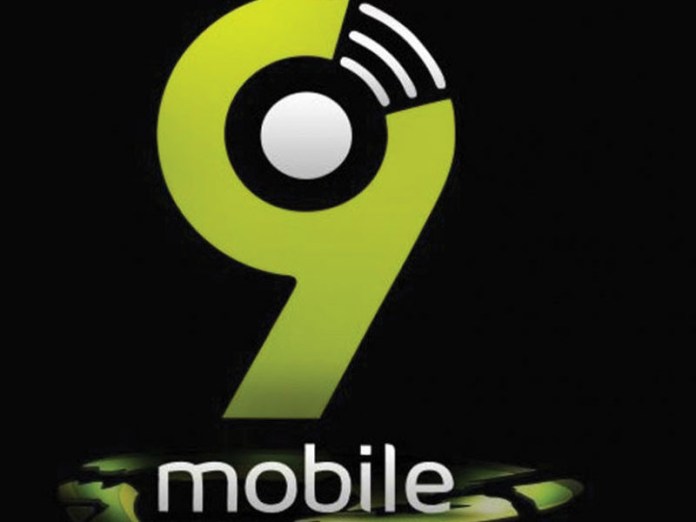The managing director of superfast 4G LTE internet services provider, Spectranet Limited, Mr. David Venn, has opened up on the reasons behind hobbling services of 4G delivered by other networks in Nigeria.
In a telephone interview weekend, he told Business Hilights that “What network operators had done is just taking a fraction of spectrum from 3G and made it 4G. You know running of 4G service on a small spectrum, means limited capacity to deliver real 4G”.
“Moreover, MNOs have not rolled out everywhere and that means no uniformity of service.
So if you are on 4G in your phone, you will notice that service is not regular depending what part of the city you are at a moment.
“This is so because; MNOs do not currently have 4G in every base station and even where they have it, I think it’s only a small amount, about 5 MHz which is not encouraging for real usage and besides, other users are on it all the time. This raises issue of capacity availability.
Venn disclosed further that “At Spectranet Limited, we operate on 20MHz of spectrum for 4G and that is why our services are always at the height of superfast internet services 247”.
Continuing, he disclosed that “some operators were in a hurry to launch 4G LTE since they can’t get dollar to buy equipment and cannot get foreign or local funding to invest in the new network, they decided to use existing technology to offer new service that does not deliver required broadband service”.
Business Hilights recalls that before now, Venn had been calling on the regulator, the Nigerian Communications Commission (NCC), to review the Data Price Floor (DPF) so that players can have healthy competition which can only drive more investments in the segment.
According to Venn, “Optimising a network for 4G LTE service is complex which requires five different bands, and the handset must work on the five different bands to be able to deliver effective service. What we see in the market is 4G in few bands not on the whole bands, that is why the service delivered is not broadband. Remember, those operators have not done it before, they will get it better as time goes by”.
Since the popularization android phones and windows operating systems in Nigeria, the craze for data and superfast internet has become unbeatable.
This trend forced major networks and Internet Services Providers (ISPs) to heart up the race for adoption of latest technology, jumping progressively from 2G to 3G and now 4G LTE just to capture the huge market.
Unfortunately, the craze for 4G came at a time; the forex market in Nigeria is not at its best due to the forces of economic recession.
The inability to access forex seamlessly and the current floorless status of the DPF are jointly weighing down the expected speed in the growth of the industry due to little or no investment.
Analysts say unless the DPF is reviewed, investments in the sector may not be serious meaning that competition, which can only be defined by subscribers’ experience, will remain weak.
Already, the extent to which subscribers feel the impact of such upgrade in terms of fast and reliable internet service has been a subject of debate as subscribers have been consistently faced with internet service even with the latest 4G LTE.
The weak investment scenario currently playing out in the segment can easily be linked to the observed use of ‘narrow band’ in the pretense of what broadband internet ought to be.
Analysts have been blaming the regulator for not welding the big stick for long on networks because many of them are hiding under the shadows of narrow band to confuse illiterate subscribers in the name of 4g LTE.
Otherwise, industry pundits are beginning to realize that some of them (networks) are not using the required spectrum for the so called 4G LTE service, rather using narrow veiled bands.
The real truth according to another expert who pleaded anonymity, “I can bet you that many of the networks that are making the highest noise in 4G LTE may not be using the right spectrum because they have not made the required investments on their networks and this is going on because the regulator is looking sideways”.
Continuing, the expert averred that “At the moment the DPF is reviewed, you will begin to see superfast internet because, by then, players will begin to see and believe that the NCC really want the market segment to deepen in service delivery”.
He said what happens now is not the real experience of 4G LTE because across the world, wherever you hook on to a 4G, no matter the size of the data, service will continue to be superfast till its exhausted.
But here, if you buy say, 40GB, what happens is that at the beginning, the service will be fast by the time you are exhausting the 40 gigabyte you were pegged at, the service will no longer be fast and you find it difficult to complete what you are doing. 4G LTE services that are on the right spectrum do not end like that, the expert noted.









